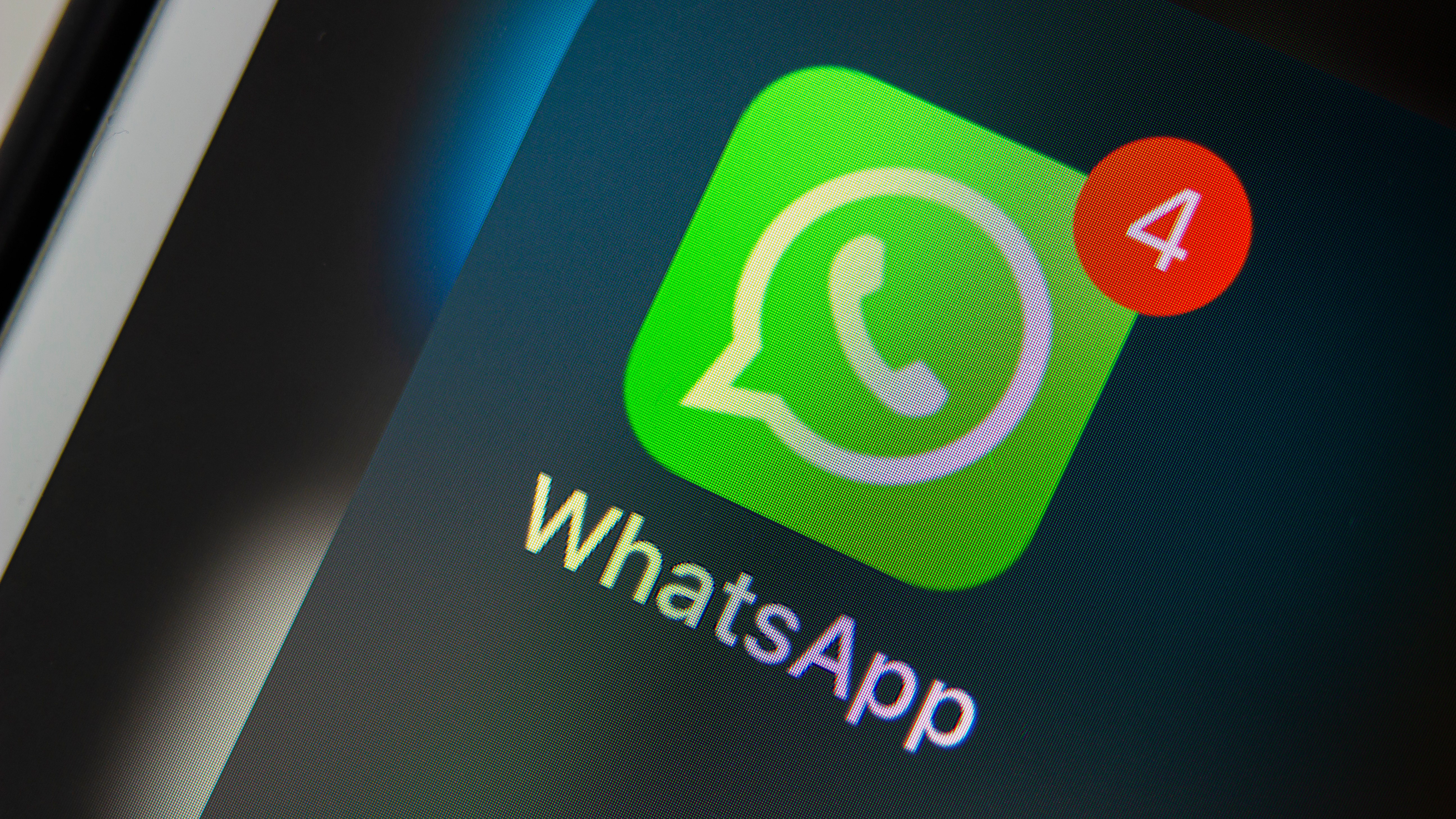WhatsApp as an e-commerce platform gets unveiled
This may be why Jio & Facebook have joined forces

Just yesterday the news was out that Facebook is investing $5.7 billion to pick up a 9.99% equity stake in India's Jio Platforms. Many wondered as to why Facebook was pumping in so much money in Reliance.
The speculation is that the social networking giant wants to bring JioMart — Jio's small business platform — to WhatsApp, enabling users to connect with businesses. With over 400 million users, India is WhatsApp's largest market by some margin, and Facebook is now looking to use that scale to turn the platform into an e-commerce destination.
Facebook, however, is yet to figure out a monetization plan for WhatsApp
But even before Facebook can get down to that task, a business model of sorts, using WhatsApp as the platform that brings together buyers, delivery partners and sellers, has been unveiled.
As it happens, this is not a big venture involving some ambitious unicorns. But one put in place by Bengaluru’s civic corporation body, the Bruhat Bengaluru Mahanagara Palike (BBMP).
WhatsApp gets the impetus
With Bengaluru being one of the cities hit badly by the Covid-19 virus, the Bengaluru civic administration is hard pressed to keep the folks confined to their homes. And in a move aimed at keeping people indoors, the Bengaluru civic body has unveiled a helpline to deliver groceries and medicines to the people.
BBMP has managed to assemble merchants, hyperlocal logistics companies with plenty of driver partners like Swiggy, Dunzo, and even on-demand service providers like Housejoy.
Sign up for breaking news, reviews, opinion, top tech deals, and more.
It is all done on one platform: WhatsApp.
This is how it works: The BBMPP has issued a specific number for this purpose. Using this number, you must say “Hi” on WhatsApp and a chatbot will send an automated response, asking for your location. Upon sending your location, it will ask you to send a list of all the required items in one single message or a picture of the items. You will not be able to type your address and send it. Only sending your live location works.
The orders are then assigned to delivery partners on the backend who are told which store to collect the order from. Kaleyra, an American company that is a WhatsApp business solution provider, is one of BBMP’s partners in this initiative.
Is this why Ambani & Zuckerberg have gotten together?
Payment has to be made after the delivery is done either by cash or via any UPI application that the partner uses. You can choose to tell the chatbot the name of the shop you want to buy the groceries from. This is reportedly optional.
According to media reports, 16,000 merchants have signed up for this initiative by the Bengaluru civic body. In two days, it saw 10,000 orders, of which about 50-60% were fulfilled.
Though this has been conceived keeping in mind the corona-focused lockdown, there is a business model that is worthy of being replicated on a larger scale once this virus emergency dissipates.
WhatsApp, which is trying to get people to use the chat platform to do business, should be pleased as this kind of sets the blueprint for a major business plan making it an agent of e-commerce.
The potential is doubtless huge. No wonder heavyweights like Mark Zuckerberg and Mukesh Ambani are joining forces together for this.

Over three decades as a journalist covering current affairs, politics, sports and now technology. Former Editor of News Today, writer of humour columns across publications and a hardcore cricket and cinema enthusiast. He writes about technology trends and suggest movies and shows to watch on OTT platforms.